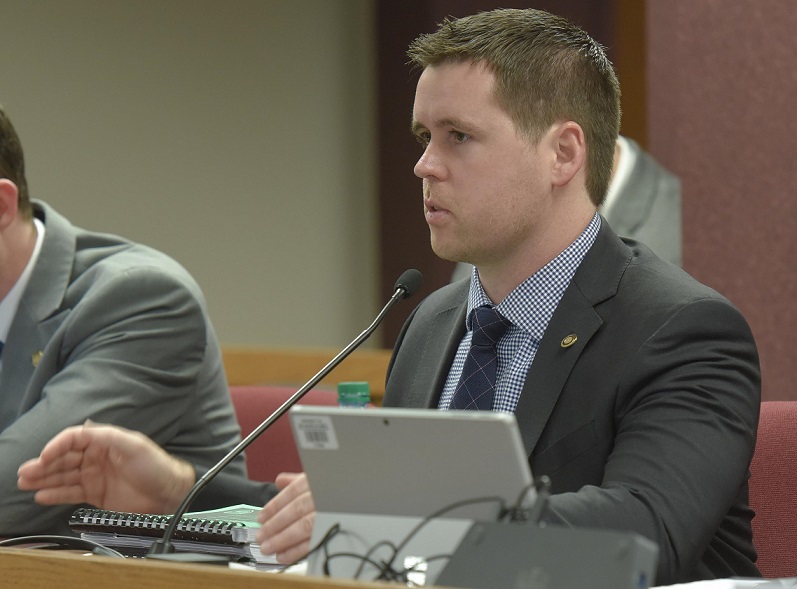Some state lawmakers have questioned whether Missouri will soon need another prison, but the prison system’s new director hopes to keep that from being necessary.

House Budget Committee Chairman Scott Fitzpatrick told his committee and Corrections Department leaders this week that he’s concerned about the overall trend in recent years, of an increase in Missouri prisons’ populations. Department staff said the state’s prisons are operating at or near capacity, with around 32,000 inmates.
Fitzpatrick referenced a recent case in which a man who molested and exposed himself to his girlfriend’s 14-year-old daughter was sentenced to only a few months in prison.
“I think a lot of that is pressures on judges and prosecutors, knowing that we’re at capacity,” said Fitzpatrick. “I don’t want child molesters getting four months, or people who are exposing themselves and doing things like that to children getting out of jail like that.”
Despite the state’s current budget picture, in which legislators are looking for ways to cut and are expected to seek little or no new spending, Fitzpatrick told the committee, “Seems to me that we’re on a collision course with a new prison, and that may be something that we have to look at. I’d rather see if we could do something to make it where we didn’t need as many prisons, but if it comes down to giving child molesters four months in jail or building a new prison, I am in favor of building a new prison.”
The Department’s new director, Ann Precythe, told lawmakers her preference would be to keep the state from needing more prison space.

Precythe said she wants the Department to focus on being more efficient financially, and on finding ways to reduce recidivism.
Precythe, who was chosen in December by Governor Eric Greitens to head the department, said she’s not ready to discuss what policy changes she might ask for in addressing recidivism and prisons’ populations. She expects to be able to tell lawmakers by next year what the future of the state’s prison system looks like.
Precythe said the age of Missouri’s prisons must also be accounted for when considering whether additions are necessary. The state’s oldest, Algoa Correctional Center near Jefferson City, is a minimum-security facility that became a prison in 1932. The new director has toured it and said it appears to be meeting what Missouri needs of it.